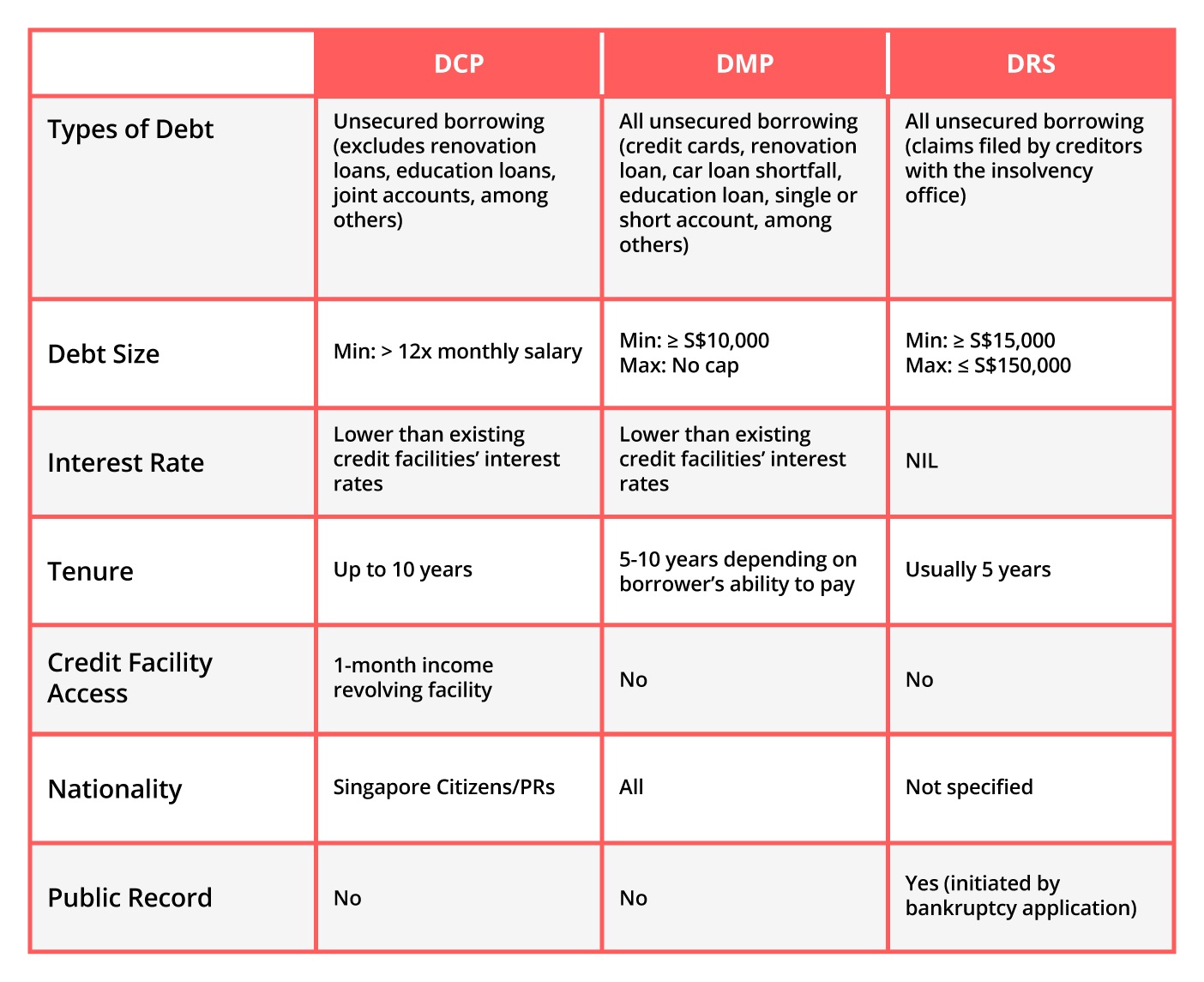A Full Overview to Debt Management Plan Services for Debt Loan Consolidation
A Full Overview to Debt Management Plan Services for Debt Loan Consolidation
Blog Article
Recognizing the Importance of a Well-Structured Debt Monitoring Plan for Financial Security
As individuals navigate the complexities of managing their financial obligations, a strategic strategy to financial debt monitoring can pave the way for a much more secure and flourishing future. By understanding the fundamental principles and functional strategies behind efficient debt management, individuals can unlock the course to not just minimizing financial obligation problems yet additionally growing a strong foundation for long-term monetary well-being.
The Impact of Financial Debt on Financial Security

In addition, the impact of debt on economic stability extends past simply the economic aspects. It can likewise affect mental wellness, connections, and general well-being. The stress and anxiety and anxiousness connected with overwhelming financial obligation can hinder decision-making abilities and pressure expert and personal connections.
Therefore, it is critical for people and organizations to very carefully manage their financial debt degrees, guaranteeing that it lines up with their financial goals and capabilities. By recognizing the effects of financial obligation on financial security and carrying out efficient financial obligation management companies, techniques and individuals can secure a much more stable and flourishing financial future.
Components of an Efficient Financial Debt Management Strategy
Provided the crucial value of preserving economic stability among varying financial obligation levels, comprehending the important parts of a reliable financial obligation management strategy is critical for companies and individuals alike. An extensive financial obligation monitoring plan generally consists of an extensive analysis of current financial obligations, revenue, and expenses to establish a clear economic picture. Setting particular and possible financial goals is critical in guiding the financial obligation settlement procedure. Prioritizing financial obligations based upon rate of interest, with a concentrate on repaying high-interest financial debts first, can save money over time. Creating a detailed spending plan that assigns funds for financial obligation settlement while still covering necessary costs is basic. Bargaining with financial institutions for lower rates of interest or revised payment plans can likewise belong to an effective financial obligation monitoring approach. In addition, developing a reserve to prevent collecting even more financial debt in case of unexpected expenses is a sensible part of a well-rounded debt management strategy. Regularly monitoring and readjusting the strategy as required ensures its effectiveness in achieving monetary security.
Advantages of Executing a Financial Obligation Repayment Technique

Tips for Developing a Sustainable Spending Plan
Building a solid monetary foundation begins with mastering the art of creating a lasting budget plan that straightens with your long-lasting monetary goals and complements your debt settlement technique. Set realistic costs restrictions for each classification, making sure that your essential expenditures are covered while leaving room for financial savings and debt settlements.
In addition, think about using budgeting devices and apps to enhance the process and maintain on your own liable. Routinely review and adjust your budget plan as required, especially when confronted with unexpected expenditures or adjustments in revenue. Remember to allocate a section of your spending plan towards constructing a reserve to cover unforeseen financial challenges. By adhering to these ideas and remaining disciplined in your budgeting technique, you can create a lasting monetary strategy that supports your long-lasting goals and assists you attain enduring economic stability.
Monitoring and Changing Your Financial Obligation Management Plan
Regularly assessing and adjusting your financial debt management plan is vital for keeping economic progress and accomplishing financial debt repayment goals. Checking your debt monitoring plan entails tracking your income, expenses, and financial debt balances to make certain that you are remaining on track with your monetary purposes (debt management plan services). By consistently examining your strategy, you can identify any locations that might need adjustment, such as reducing back on unneeded costs or increasing your debt repayments
Readjusting your financial debt management plan may be required as your monetary circumstance evolves. Life adjustments, such as a job loss or unanticipated costs, may need you to reassess your strategy and make modifications to accommodate these brand-new conditions. In addition, as you pay for your financial debt, you might find that you have extra funds available to assign in the direction of financial obligation repayment or savings.

Conclusion
In final thought, a well-structured debt management strategy is essential for keeping financial stability. By comprehending the influence of financial obligation, carrying out a settlement technique, developing a lasting budget plan, and tracking and adjusting the plan as needed, people can take control of their monetary circumstance and job towards a debt-free future. It is crucial to prioritize monetary wellness and make informed decisions to secure a secure and flourishing economic future.
By comprehending the basic principles and functional strategies behind find this efficient debt monitoring, individuals can open the path to not just decreasing debt concerns yet additionally growing a strong foundation for lasting economic wellness.
Offered the critical significance of preserving financial security among varying financial obligation degrees, recognizing the vital components of an efficient financial obligation monitoring plan is extremely important for individuals and companies alike. A thorough financial debt management strategy usually includes a thorough evaluation of current debts, income, and costs to develop a clear economic picture - debt management plan services.Regularly examining and adjusting your financial obligation monitoring strategy is vital for keeping monetary progression and attaining financial debt settlement goals. Checking your debt administration plan involves maintaining track of your earnings, costs, and debt equilibriums to make certain that you are staying on track with your monetary objectives
Report this page